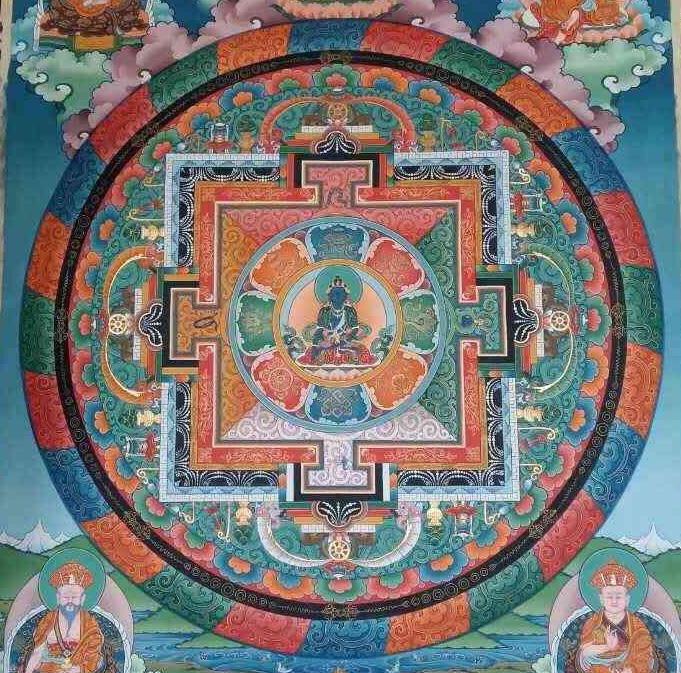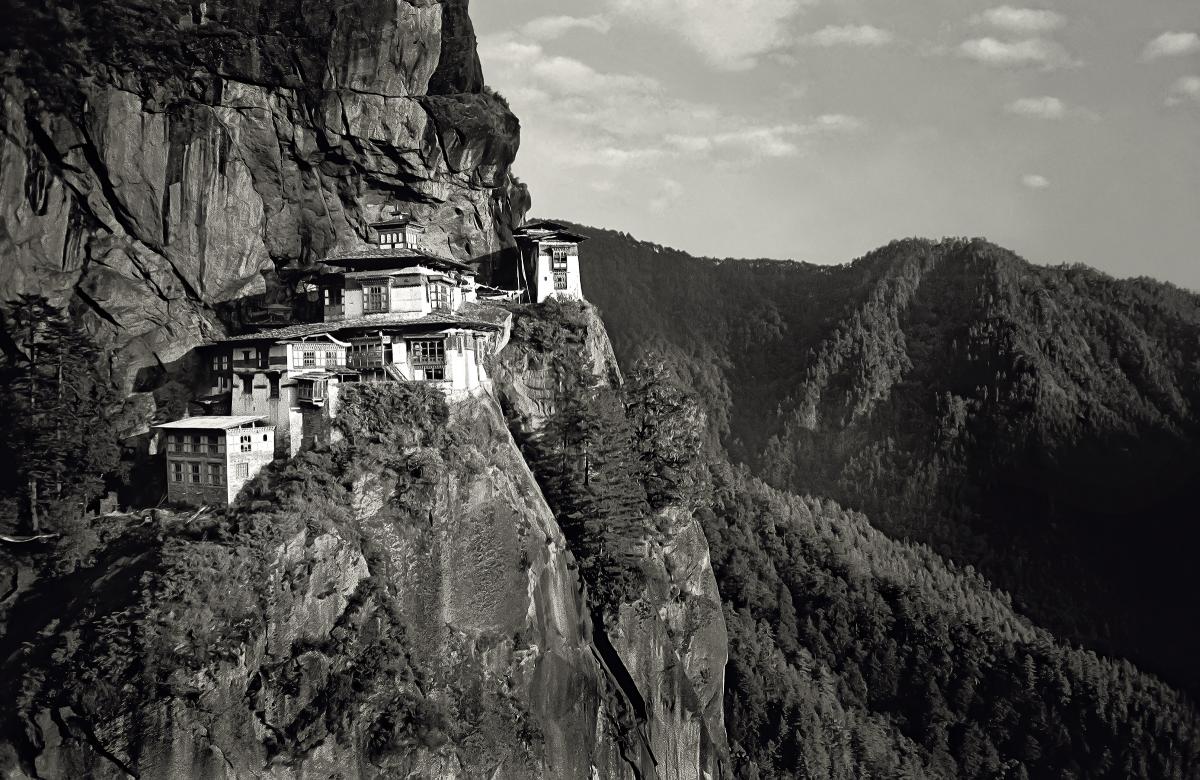April 6 & 7, 2018
East-West Center, Burns Hall
Co-sponsored by the East-West Center Arts Program and the Pacific and Asian Affairs Council (PAAC), this interactive teacher workshop will offer content presentations on Gross National Happiness, Himalayan music, and textile traditions; hands-on demonstrations; and a tour of the “Bhutan: Gross National Happiness” exhibition at the East-West Center Gallery.
Register by March 13, 2018
There is a $10 non-refundable registration fee to help cover expenses.
For neighbor island teachers, roundtrip airfare and one night of lodging at the East-West Center are available—space limited.
Register online below or submit check and registration form by mail
to PAAC, 1601 East-West Road, 4th Floor, Honolulu, HI 96848
 About Bhutan: Sandwiched between the powerful nations of India and China, Bhutan is one of the world’s least known and most sparsely populated countries: approximately 23,8000 square miles (about the size of Switzerland), with a population of 800,000 scattered across fertile valleys that dot otherwise untouched forests. Unlike many historic Himalayan kingdoms, Bhutan was never conquered or colonized. The country is blessed with peace, prosperity and an ancient culture still alive and vibrant.
About Bhutan: Sandwiched between the powerful nations of India and China, Bhutan is one of the world’s least known and most sparsely populated countries: approximately 23,8000 square miles (about the size of Switzerland), with a population of 800,000 scattered across fertile valleys that dot otherwise untouched forests. Unlike many historic Himalayan kingdoms, Bhutan was never conquered or colonized. The country is blessed with peace, prosperity and an ancient culture still alive and vibrant.
Bhutan’s fourth monarch, Jigme Singye Wangchuck, led his people from absolute monarchy to a democracy guided by the principle that Gross National Happiness rather than Gross National Product. He rejected the conventional model of global development: that more is better and growing consumption equals success. The king aimed to balance the country’s economic needs with environmental preservation and traditional values. The Four Pillars of Gross National Happiness are: Environmental Preservation, Preserving and Promoting Culture, Good Governance, and Balanced Economic Development.
To romanticize Bhutan as an otherworldly kingdom isolated in the Himalayas would do the Bhutanese a great disservice, trivializing the very real challenges, internal and external, that threaten their future. Modern Bhutan offers a practical and powerful gift — a focus on happiness and sustainability — to a world dominated by over-consumption and environmental destruction.

